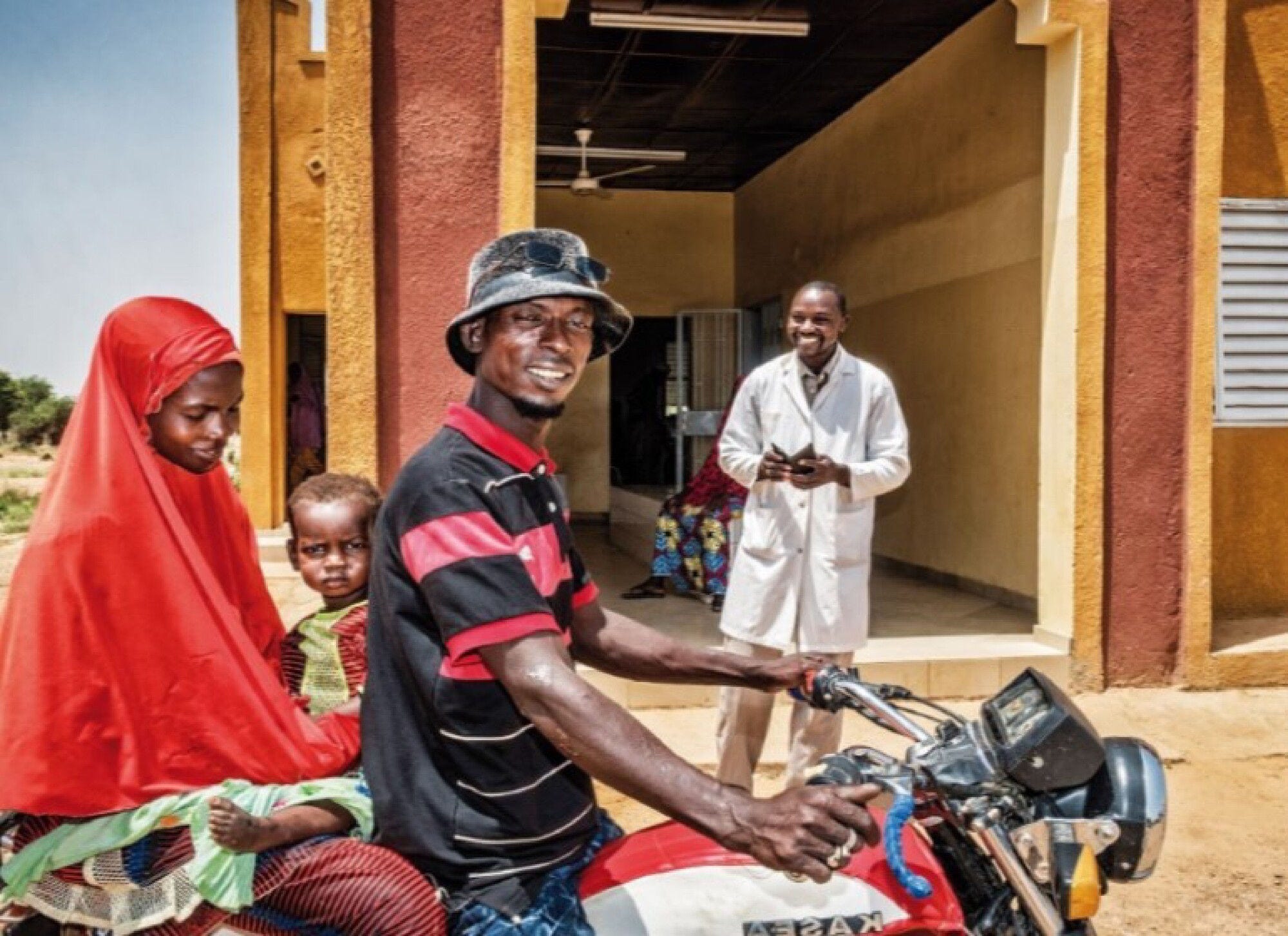The International Energy Agency's 2001 review of Belgium's energy policies and programmes. It finds that due Belgium’s geographical setting, cross-border trade has a significant influence on the country’s energy policy. Belgium has actively increased its gas transmission capacity, and has become key player in the overall European gas markets. There is still room for improvement, however, in the electricity transmission capacity.
Belgium has started to liberalise its electricity and gas market. But the traditional utilities Electrabel and Distrigas retain much influence. Further efforts are required to make a competitive market. Belgium has made the political decision to phase out nuclear power, closing down the existing units when they reach forty years of age and building no new units. The report recommends Belgium to look for realistic and economic alternatives for large-scale energy production. The recommendations made by the Ampere Commission on improving energy efficiency and increasing the use of renewables and co-generation provide only a partial solution for future energy needs.
Reducing carbon dioxide emissions will be one of the major challenges for Belgian energy policy in this decade. In 1998, Belgium’s energy-related CO2 emissions were 15% above the 1990 level. The report identifies reasons for the growing emissions, analyses current policies and suggests additional measures to help in this challenging task. One of the most crucial elements is curbing the growth of energy consumption, which exceeded 20% in all sectors in the 1990s.
Federal-regional co-operation is essential for successful energy-policy development and implementation in Belgium. The report makes recommendations in several areas where co-operative action appears necessary.












